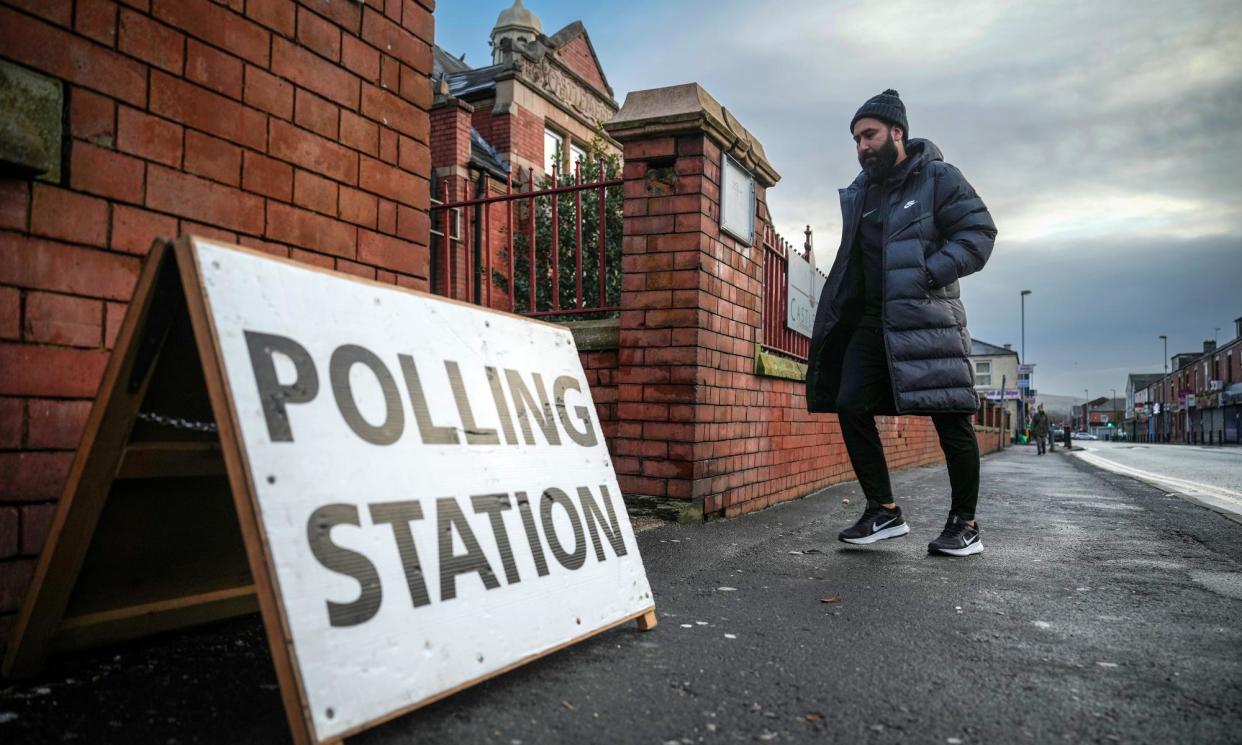We need a better system to elect our government

Your editorial on electoral reform (21 June) rightly points out the inadequacy of the first-past-the-post (FPTP) electoral system. However, it is not enough simply to call for proportional representation (PR), as there are a range of different systems under that label. It seems obvious to me that we need a royal commission on achieving a better system.
One option that might be considered could be based on the alternative vote (AV), which was offered – but not seriously – in a referendum in 2011. There are problems with any form of PR, which would be met by AV. The constituencies would be far bigger – leading to fewer people identifying with them and their representatives.
AV could maintain the present arrangement and ensure that MPs are actually acceptable to a majority of their electors. With FPTP, minor parties get squeezed by the bigger ones. Under AV people could vote for who they actually support and prevent the victory of someone they actually oppose. First preference votes could be used to create a senate, replacing the Lords with a proportional voice for the smaller parties.
Geoff Collier
Saltaire, West Yorkshire
• Your editorial is highly relevant, particularly when the present government is always described as being elected on a “Conservative landslide”, although it only secured 43% of the vote.
One caveat has to be the need to replace FPTP with a better system. Any form of party list would make the situation worse by giving even more power, to one extent or another, to each party’s hierarchy to “fix” the list. The consequence is that prospective candidates have to conform to the prevailing tendency within the party to get a high place on the list and thus to get elected.
A change to the single transferable vote, with electors indicating their preferences, rather than the parties, is the healthiest change for democracy. After all, it serves both Northern Ireland and the Republic well at all elections except that for Westminster.
Michael Meadowcroft
Leeds
• Reasoned discussion of electoral reform is impossible so long as we continue to frame it incorrectly as FPTP v PR. It is the single-member constituency system itself that is fundamentally inimical to proportionality, irrespective of the method of election. This can easily be seen by imagining an election where uniformly across each constituency Party A has (say) 52% of the vote. Result, under FPTP, AV or whatever: Party A wins 100% of seats.
That each MP uniquely represents those constituents who elect them is an evidently valued feature of our legislature. Like it or not, PR requires some form of compromise. “FPTP v PR” is an obfuscation that prevents us from recognising and rationally confronting that trade-off.
John Bone
York
• I wonder how many of your letter writers (The case for and against a vote for the Green party, 17 June) who are calling for the “bliss” of the introduction of PR like the idea of Reform getting nearly 100 seats, as they would be likely to do if their vote reflects the current polls. This would enable Reform to emulate far-right parties across Europe in gaining a foothold in a manner completely unlikely under FPTP.
Glyn Evans
Ellesmere Port, Cheshire
• Is not this fear of a Labour “supermajority” just another excellent reason for PR?
Elaine Kazimierczuk
Charlbury, Oxfordshire
• Have an opinion on anything you’ve read in the Guardian today? Please email us your letter and it will be considered for publication in our letters section.


